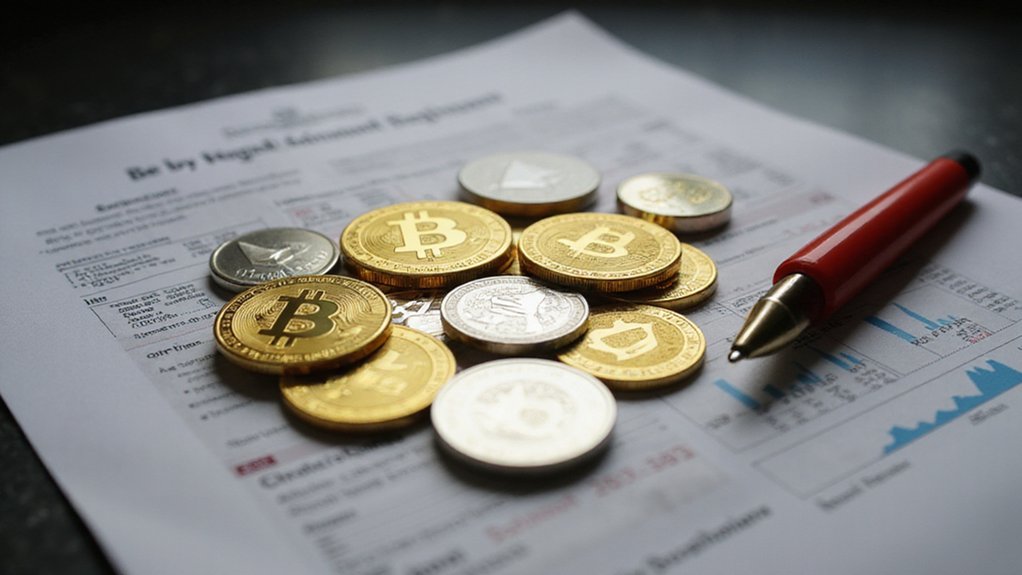In a move that would make even the most tax-averse salaryman crack a smile, Japan has announced plans to slash its cryptocurrency tax rate to a flat 20%—a dramatic departure from the current progressive system that can devour up to 55% of crypto gains like a particularly voracious pachinko machine. This proposed reform represents more than mere fiscal policy adjustment; it’s a calculated gambit to transform Japan from crypto cautionary tale into blockchain beacon.
The current taxation framework treats cryptocurrency as miscellaneous income under the Payment Services Act, subjecting digital assets to progressive rates that, combined with the mandatory 10% local resident tax, create a confiscatory environment that would make even medieval tax collectors blush.
While individuals enjoy a modest ¥200,000 tax-free threshold, the punitive upper brackets have effectively throttled market participation among Japan’s otherwise investment-savvy populace.
This proposed reclassification under the Financial Instruments and Exchange Act signals Japan’s recognition that treating Bitcoin like lottery winnings perhaps wasn’t the most growth-oriented approach. The 20% flat rate aligns Japan with crypto-friendly jurisdictions like Singapore and Switzerland—nations that have somehow managed to regulate digital assets without treating investors like financial pariahs.
The timing coincides with Japan’s introduction of Bitcoin ETFs, offering regulated investment vehicles that provide institutional-grade security without the technical complexities of wallet management.
These developments target Japan’s substantial crypto market, which already encompasses over 12 million accounts holding more than ¥5 trillion in digital assets—impressive figures that could multiply exponentially under more reasonable tax treatment.
The reforms promise cascading effects beyond domestic markets. Lower taxation rates typically correlate with increased liquidity, broader participation, and enhanced market stability—outcomes that could position Japan as a regional Web3 hub rather than a regulatory cautionary tale.
The National Tax Agency and Financial Services Agency’s coordinated approach suggests genuine commitment to integrating cryptocurrency into mainstream financial infrastructure. This positions Japan differently from the EU’s approach, where the comprehensive MiCA regulation has established strict authorization requirements, stablecoin provisions, and heightened supervision across member states since its implementation in 2024.
Whether this policy shift will successfully attract the intended institutional investment remains to be seen, but the proposal certainly beats the current system’s approach of taxing crypto gains as if they were ill-gotten gambling proceeds rather than legitimate investment returns.









